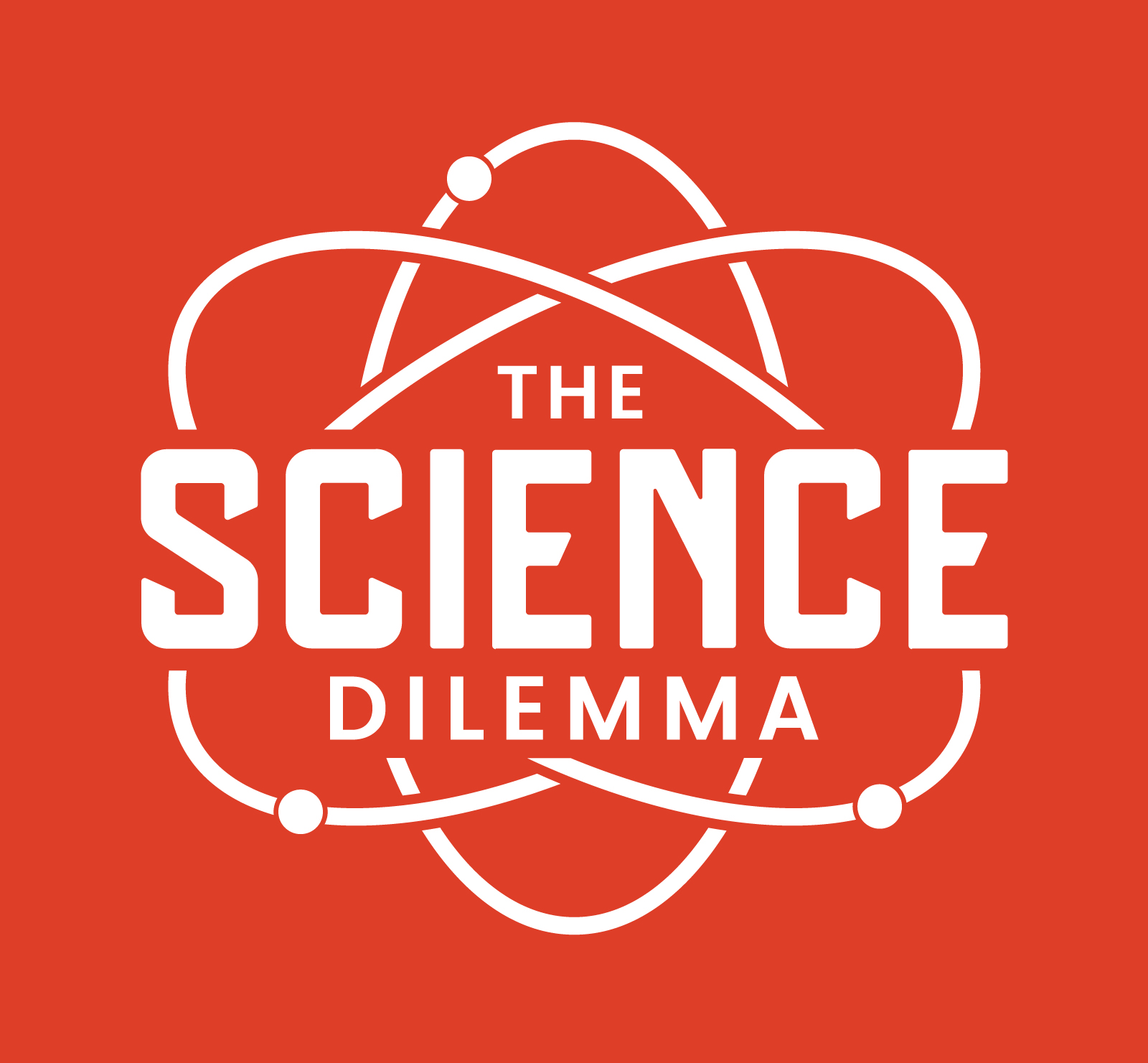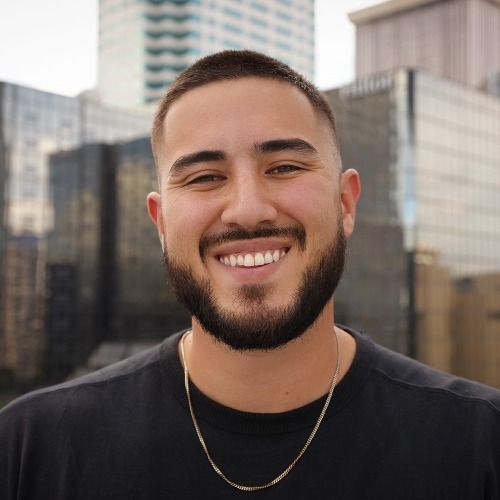"Is the Mind Our Soul?" ft. Dr. Michael Egnor
Title: Is the Mind Our Soul? ft. Dr. Michael Egnor
Show Notes:
In this thought-provoking episode, Dr. Michael Egnor—a renowned neurosurgeon and author of The Immortal Mind—shares how 7,000 brain surgeries transformed his understanding of the human soul. Once a committed atheist and materialist, Dr. Egnor explains why modern neuroscience challenged his worldview and led him to believe that human reason and consciousness are not products of the brain alone.
We explore:
- Why some patients with missing brain structures still function normally
- What awake brain surgeries reveal about the mind
- The difference between “eloquent” and “non-eloquent” brain areas
- The philosophical and scientific evidence for the soul
- How Thomistic dualism (from St. Thomas Aquinas) fits the evidence better than materialism
- The risks scientists face for supporting intelligent design
Whether you're curious about the nature of consciousness or looking for a deeper conversation about science and faith, this episode is a must-listen.
Learn more or access bonus resources at: TheScienceDilemma.com
Transcript
What if I told you that your ability to reason doesn't just come from your physical brain? Dr. Michael Egnor, in his book The Immortal Mind, talks about how, as a world-class neurosurgeon, he did 7,000 brain surgeries—and what happened changed everything. And it's not because of his upbringing, but because the science might be saying something about the soul. Thank you so much for joining us today, Dr. Michael Egnor.
Dr. Michael Egnor (:Thank you. Thank you so much, Allan. It's a real privilege to be here.
Allan CP (:Could you tell us what got you started on even writing the book?
Dr. Michael Egnor (:Sure. Well, I'm a neurosurgeon and I am on faculty at the State University of New York at Stony Brook in Long Island. I started out my life as an atheist. I was brought up in a non-religious home, really. I never had any antipathy to Christianity. I thought it was a lovely idea. I just didn't think it was true.
practicing at Stony Brook in: Allan CP (:Just talking about even 7,000 plus surgeries—how often does a neurosurgeon reach that amount? That’s pretty high up there, I'm assuming?
Dr. Michael Egnor (:It's pretty common. The average neurosurgeon probably does between 150 and 200 operations a year. And if you practice for 40 years, if you add it all up, that's about what it comes to.
Allan CP (:So as far as the conversation of your conversion—how hard was it to let go of being a materialist?
Dr. Michael Egnor (:Well, it actually turned out to be a lot easier than I thought because it's a lot easier to just stop telling a lie and start telling the truth. Truth is actually fairly easy.
Even in college, I would learn about, for example, the Krebs cycle, which is a biochemical process in the body that helps produce energy. I remember reading about this and thinking, how did this just happen by chance? How do you get all these incredible, beautiful systems in the body? And then you look at cosmology, the Big Bang, the fine-tuning of the universe, the human mind and consciousness—and you say, this all just happened by chance or by natural selection? Natural selection really isn't much better than chance.
So I had questions about it. But I thought, when I was younger, that science had proven all of this. And I came to realize, as I studied more, that the Darwinian and materialist worldview is not at all proven. It's actually really bad science. It's junk science. It’s just what you're supposed to say. It's the cultural trend.
I decided to buck the cultural trend and search for the truth. And when you search for the truth, the truth is God. God explains everything—the mind, the Big Bang, DNA, how our body works, joy, beauty, love. He accounts for everything.
Allan CP (:I'm going to do this in 10 seconds—if you want more bonus resources for this and every episode and early access to all future Science Dilemma Series, go to our website. That's it.
Wait—did you get much pushback on that journey? Like when you were transitioning into not being a materialist, did you get pushback, or were you not vocal yet?
Dr. Michael Egnor (:Well, I didn't get much pushback in my personal life. I was fortunate. First of all, I'm very fortunate that my day job is as a doctor. I get paid for what I do. Whereas if I were a pure research scientist, it would be very hard.
I have friends who are prominent research scientists—nationally known—who’ve told me privately they totally agree with me. They're devout Christians but dare not say a word in public. One of them, one of the world's experts on brain science, said, “If I ever publicly said I support intelligent design or dualism—the belief that we have a soul—I’d never get another grant. My career would be over. My wife is ill and needs health insurance. I'd lose that. Nobody would ever pay me again.”
Allan CP (:And that's just if he held a personal view. He wasn’t even putting it into his research. He’d still get ousted?
Dr. Michael Egnor (:Absolutely. It's very hard to buck this. The bias and viciousness are pretty incredible.
Allan CP (:I’ve heard your story. It's awesome. I’d love to talk about some of the surgical stories that got you thinking about the soul. Can we discuss that?
Dr. Michael Egnor (:Sure. When I was in medical school, I studied neuroanatomy—the detailed anatomy of the brain. Once in practice, I started seeing patients, like a little girl who was born with about two-thirds of her brain missing. It was replaced by water. I was certain she wouldn't do well. I told her family I couldn’t give them a good prognosis.
But I followed her as she grew up, and she's now in her twenties. She’s bright, normal, and doing beautifully. Not everyone with a brain malformation does well, but nothing in my textbooks explained this. The materialist view couldn’t account for it.
I had another patient missing major parts of her brain who was a gifted student, a published musician, and has a master’s degree in English literature.
Allan CP (:When you say “major,” I’m not a brain surgeon. Is that like—the average doctor would assume she wouldn't be functioning?
Dr. Michael Egnor (:Yes. The first baby I mentioned—her scan is actually in the book—most neurosurgeons would say she’d be a “vegetable.” But if you met her, she’s bright and vivacious. Her mom says she’s too smart for her own good.
Allan CP (:And there’s no scientific explanation for this?
Dr. Michael Egnor (:The traditional explanation is that her brain adapted—what was left developed new pathways. That might be partially true. But I saw so much of this, so commonly.
One case that really tipped me over was awake brain surgery—operating on patients while they’re fully awake under local anesthesia.
For one patient, she had a tumor near her speech area. While removing it, I stimulated her brain to make sure I wasn’t damaging her speech. The operation lasted hours, and we talked throughout. I removed major parts of her left frontal lobe, and she was fine. She recovered fully.
That’s not in any textbook. We classify brain areas as “eloquent” or “non-eloquent.” You can remove non-eloquent brain and the person can still function normally. That raised big questions for me.
I began studying philosophy of mind and theology. The Thomistic dualism of St. Thomas Aquinas explained what I was seeing better than modern neuroscience. Aquinas said human reason is a spiritual power—not caused by the brain.
Our soul is the source of reason and free will. Those don’t come from the brain. That’s what Aquinas taught, and I’ve seen it borne out in neurosurgery.
Dr. Penfield did 1,100 surgeries and tried to stimulate reason from the brain. He never could. He could stimulate movement, emotion, memory—but never logic, math, or worship.
After hundreds of thousands of stimulations, he concluded intellect and will don’t come from the brain. That’s good science. When we submitted a paper on this, we got massive pushback—people saying he didn’t use the right setup. But he tried it hundreds of thousands of times. That can’t be brushed off.
Materialists have no good arguments. They rely on bluster or denial.
Allan CP (:I have a curious question—have you seen people around you convert after hearing these things?
Dr. Michael Egnor (:Good question. I can’t say I’ve seen anyone convert. I hope they have. I’ve seen people become more open. That’s important. Even when I was an atheist, I thought Christianity was nice—I just thought it was a myth.
I want to reach people who love Christianity but don’t take it seriously yet. You don’t have to leave your brain at the door. The best science, reasoning, and logic are in a Christian framework. It makes you a better scientist.
Allan CP (:Yeah, you're not forcing science into Scripture—you’re looking at both and seeing where they align.
Dr. Michael Egnor (:Exactly. And they align beautifully. A Nobel Prize-winning physicist who discovered background radiation once said, “It was all in Genesis. Let there be light.”
The Bible teaches deep truths. Everything in it is true. I read it daily and I’m astonished at the wisdom and truth in God’s word.
Allan CP (:What do you say to laypeople who still want to understand and learn?
Dr. Michael Egnor (:The Christian worldview frees you to see the truth. It’s made me a better scientist and a better doctor. I didn’t really begin to see the truth until I saw Christ.
Allan CP (:Thank you so much, sir, for joining us today on The Science Dilemma podcast.
Dr. Michael Egnor (:Thank you, Allan. A real privilege. God bless you.
Allan CP (:God bless.
And if you'd like to join our community, we’ll see you on the next episode.


